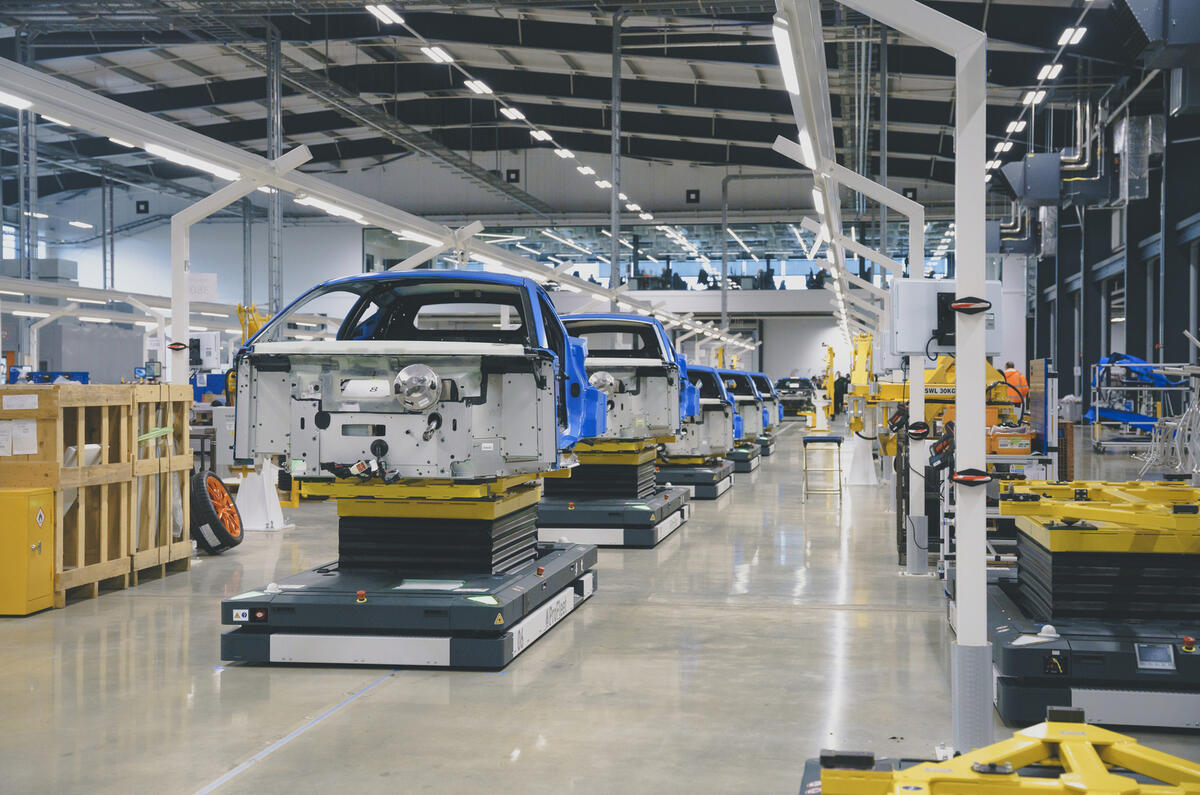The Society of Motor Manufacturers and Traders (SMMT) has called on new prime minister Rishi Sunak and the government to create a competitive business environment for the automotive industry after UK car production suffered its first drop in four months in September.
A total of 63,125 cars left UK factories last month, which is a 12.6% fall compared with September 2021 and 47.7% down on pre-pandemic September 2019. Overall in 2022, output is down 12.6% year on year at 547,231 units.




Add your comment